No Products in the Cart
FREE DELIVERY on orders over £50

Have a dog over 7 years old? - They qualify for FREE membership to our Senior Dog Club
|

Have a dog over 7 years old? - They qualify for FREE membership to our Senior Dog Club
Kittens under 6 months old have very tiny stomachs and will need smaller, more frequent meals than adult cats. At least 3-4 meals per day are usually recommended. As they get older, they may tolerate two meals, but the natural feeding regime of a wild cat is actually up to 20 small meals per day.
This isn’t practical for most owners so many will leave food down all day. If your cat is greedy this can result in overeating and obesity and if your cat is fussy, dry or stale food may not be palatable for them. Owners will have to find a feeding regime that suits their cat and individual lifestyle. In general, the overall feeding amount is more important than how many meals it is divided up into.
Cats are very sensitive to the texture, shape, smell and the taste of food and if they are not exposed to different food types and flavours when kittens this can make them fussy later in life.

It’s therefore a good idea to try and offer different types of food to your kitten including dry food, moist food (in jelly or gravy), home cooked meat and semi-moist diets. However, it’s also important that any new foods are introduced carefully, in small amounts to avoid causing an upset stomach.
The temperature of the food and even the environment, season or storage conditions can also affect their food preferences. Kittens and cats prefer food at room or even body temperature so it’s best not to serve moist food straight from the fridge. Equally moist food should not be allowed to dry out as this will decrease palatability. Try to purchase smaller bags of dry food and keep them sealed when not being used. This keeps the food fresher and reduces the likelihood of a storage mite infestation.
As cute as they are, kittens are natural born hunters and require animal tissue to survive. Meat contains all 11 essential amino acids (the building blocks of protein) that cats require. For example, the amino acid taurine is needed for normal vision and a healthy heart and arginine is so essential that a deficiency can cause diarrhoea, weight loss, seizures and can quite quickly lead to death.
Although legally, all kitten foods will meet your kitten’s minimum nutritional requirements, the quality can vary greatly, and you should check out the ingredients (composition) and analysis. Check the back of food packets, pouches and tins and remember - a higher meat content is usually tastier and is more suited to the natural physiology of our feline friends.
Our delicious Ultra Fresh cat food is suitable for kittens from 6 months old. If you would like more information on feeding your cat, please don’t hesitate to contact us. 0845 303 6043 or contact@vetskitchen.co.uk
What our customers say
Read our reviewsDelivered to your door
FREE DELIVERY on orders over £50What’s in our food?
Find out more about recipes and ingredientsVet Know-how
Read our helpful expert tips




